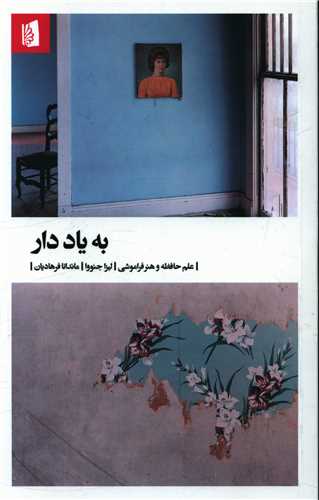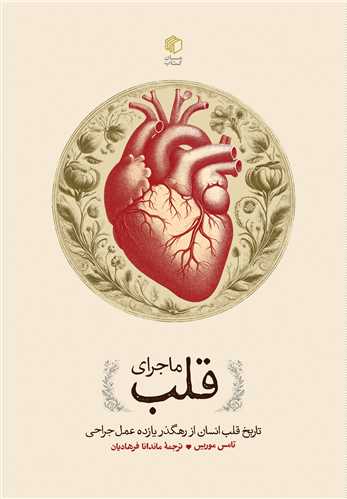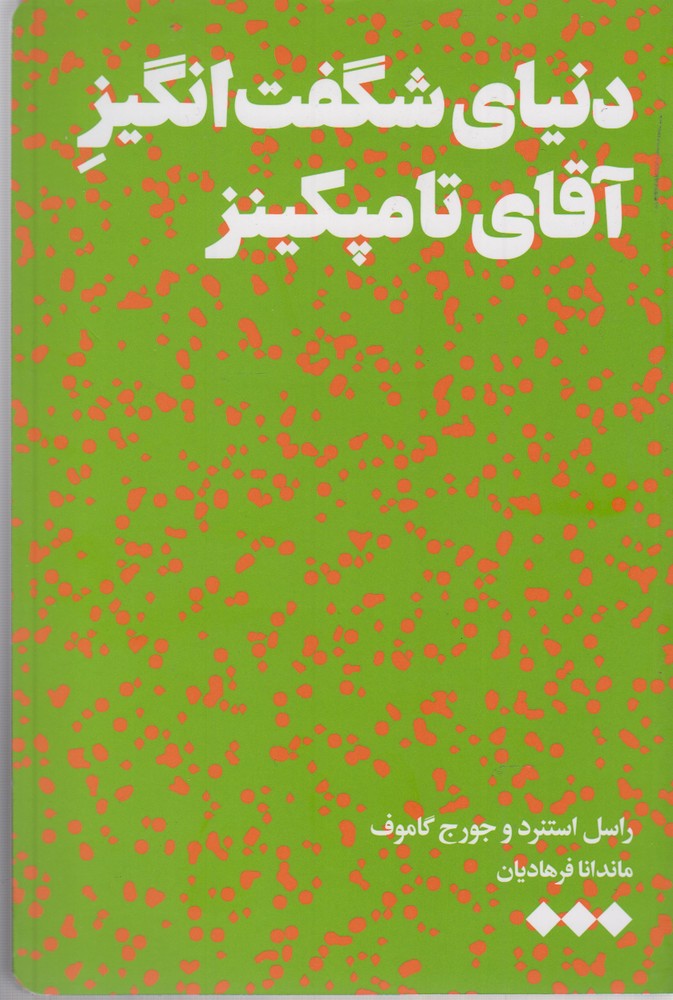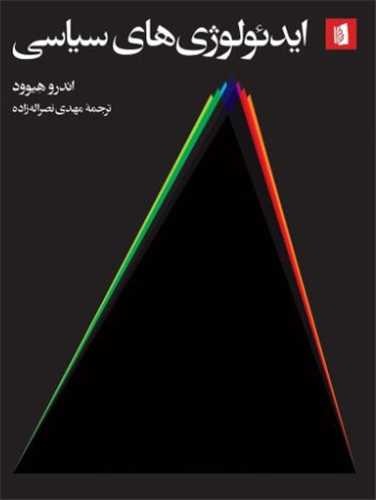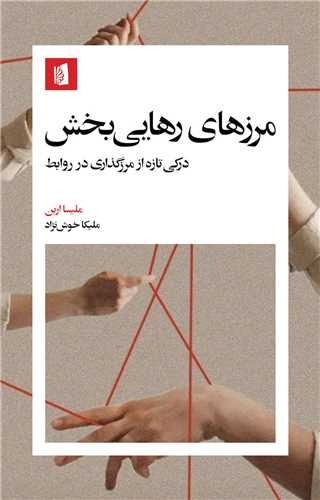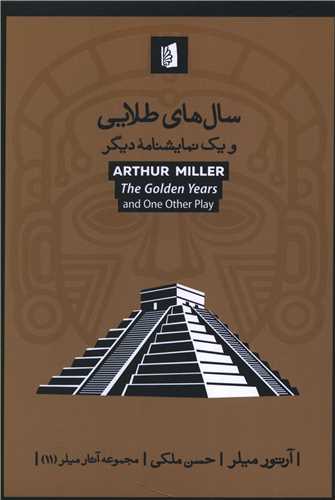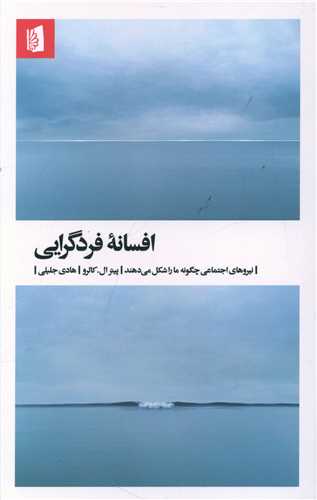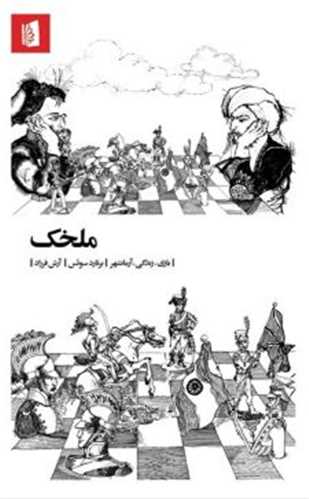به یاد دار: علم حافظه و هنر فراموشی الفارسية 1403
Bah Yād Dār: 'Ilm-i Ḥāfiẓah va Hunar-i Farāmūshī
12٫24 £
مشاركة
Wishlist
العنوان الأصلي:
Remember: The Science of Memory and the Art of Forgetting
ISBN رقم:
9786223130885
المترجم:
Māndānā Farhādīyān
الناشر:
Bidgul
الفئة العمرية:
البالغون
الصفحات:
231
الوزن:
190 g
أبعاد المنتج:
11 x 20 x 2٫1 cm
غلاف الكتاب:
غلاف ورقی
A fascinating exploration of the intricacies of how we remember, why we forget, and what we can do to protect our memories, from the Harvard-trained neuroscientist and bestselling author of Still Alice.
Have you ever felt a crushing wave of panic when you can't for the life of you remember the name of that actor in the movie you saw last week, or you walk into a room only to forget why you went there in the first place? If you're over forty, you're probably not laughing. You might even be worried that these memory lapses could be an early sign of Alzheimer's or dementia. In reality, for the vast majority of us, these examples of forgetting are completely normal. Why? While memory is amazing, it is far from perfect. Our brains aren't designed to remember every name we hear, plan we make, or day we experience. Just because your memory sometimes fails doesn't mean it's broken or succumbing to disease. Forgetting is part of being human.
In Remember, neuroscientist and acclaimed novelist Lisa Genova delves into how memories are made and how we retrieve them. You'll learn whether forgotten memories are temporarily inaccessible or erased forever and why some memories are built to exist for only a few seconds (like a passcode) while others can last a lifetime (your wedding day). You'll come to appreciate the clear distinction between normal forgetting (where you parked your car) and forgetting due to Alzheimer's (that you own a car). You'll see how memory is profoundly impacted by meaning, emotion, sleep, stress, and context. Once you understand the language of memory and how it functions, its incredible strengths and maddening weaknesses, its natural vulnerabilities and potential superpowers, you can both vastly improve your ability to remember and feel less rattled when you inevitably forget. You can set educated expectations for your memory and ,in doing so, create a better relationship with it. You don't have to fear it anymore. And that can be life-changing.
more
برای همۀ ما اتفاق افتاده که نام کسی را فراموش کنیم، یا برای کاری به اتاقی برویم ولی یادمان نیاید آنجا چهکار داشتیم. اگر بیش از چهل سال داشته باشیم چنین فراموشیهایی اغلب نگرانمان میکنند. آیا همۀ فراموشیها کاملاً طبیعیاند؟ مغز ما اساساً طراحی شده تا هر چیزی را به یاد بسپارد یا فراموشی بخشی از انسان بودنِ ماست؟ آیا خاطرات فراموششده برای همیشه از دست رفتهاند یا میتوانیم دوباره آنها را بازیابی کنیم؟ حافظه چگونه عمیقاً تحتتأثیر معانی، احساسات، خواب و اضطرابهایمان قرار دارد؟ لیزا جنووا، داشمند علوم اعصاب و نویسندۀ داستان هنوز آلیس، با زبانی ساده و جذاب از شکلگیری حافظه و سازوکار بازیابی آن میگوید، کاوشی شگفتانگیز در مورد ظرافتها و پیچیدگیهای بهیادآوردن و فراموش کردن.
در کتاب به یاد دار لیزا جنووا با شرحی روشن و صریح به ما نشان میدهد که چگونه از حافظه بهعنوان یکی از حیاتیترین کارکردهای مغزمان به بهترین شکل استفاده کنیم. اما مهمتر از آن، به ما میآموزد گرچه حافظه موهبتی است بینظیر، خویشتنِ حقیقیمان بسیار بیش از آن چیزی است که میتوانیم به یاد آوریم.
(رودولف تانزی، استاد عصبشناسی دانشکدۀ پزشکی هاروارد)
more

